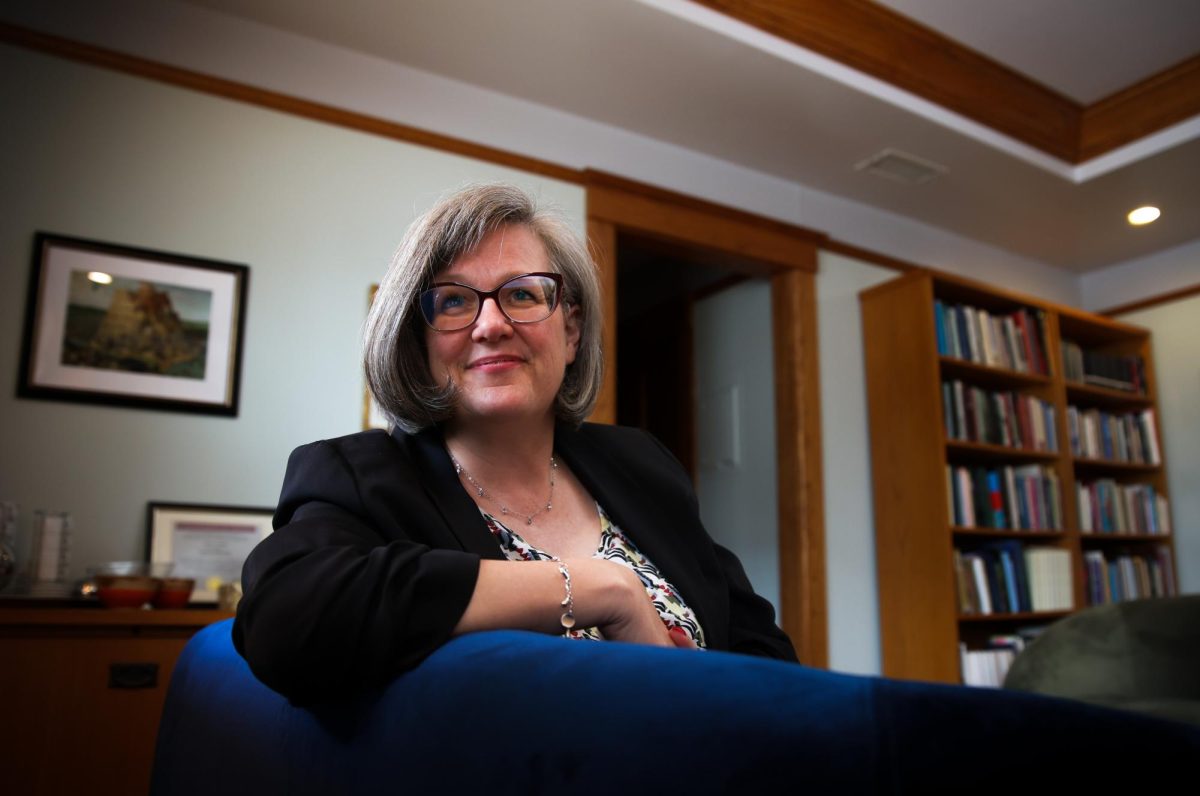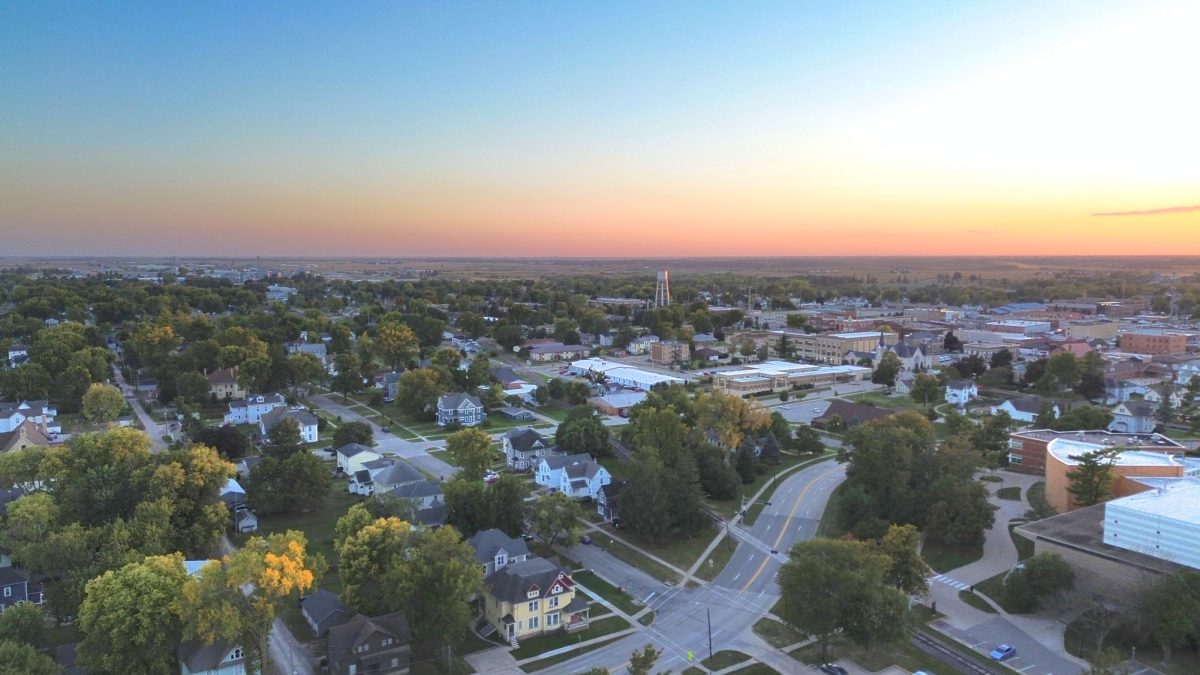Karan Dhingra
dhingrak@grinnell.edu
For Earth Day, food consultant, founder of non-profit organization Inspire Awareness Now and writer of “Comfortably Unaware,” Richard Oppenlander will give a talk about the harmful effects of the meat production industry on the environment. Oppenlander’s visit is sponsored by the student group Advancing Animal Compassion Together (AACT) and the Environmental Studies Concentration.
“This campus cares a lot about sustainability, but in my last four years here, rarely has the issue of food choices been part of the discussion,” said Sarina Farb ’16, a member of AACT who introduced Oppenlander. Oppenlander echoed her sentiment and lamented the absence of discussion about food choices in the context of environmental change, expressing his desire to make more people realize how profoundly what they choose to eat affects the environment.
“Food and agriculture guzzle the most resources on earth, and they might be easiest to change,” Oppenlander said.
He cited two scientific studies, one of which concluded that livestock contributes 14 percent to the total greenhouse gas emissions via enteric fermentation, and another, which concluded that it contributes 51 percent. Citing this lack of consistency as itself a warning sign, Oppenlander argued that since the actual contribution could be anywhere between the two, the absence of a livestock industry could significantly decrease greenhouse gas emissions.
“But livestock is not discussed at global sustainability and climate change conferences,” Oppenlander said.
Oppenlander further purported that it is not just an issue of livestock: the issue was of raising animals for slaughter more generally. He also critiqued the movement towards eating humane, open-range, grass fed beef as a solution.
“Grass fed cows produce more methane than factory farmed corn fed cows,” he said, stressing that eating less meat or differently produced meat is not an option.
As the problem of global climate change is imminent, Oppenlander exhorted the audience to not be content with merely taking baby steps. To the critics who think that some consumers choosing to not eat meat would not make a significant difference, Oppenlander cited the evidence of various commercial products, like certain kinds of candy, being discontinued in response to decreasing demand. He thinks the same could happen with meat.
Farb said she hopes that Oppenlander’s talk sparks more conversations about plant-based diets and food choices in general in the larger campus-wide discussion about climate change and sustainability.
























































